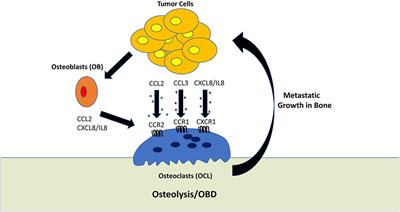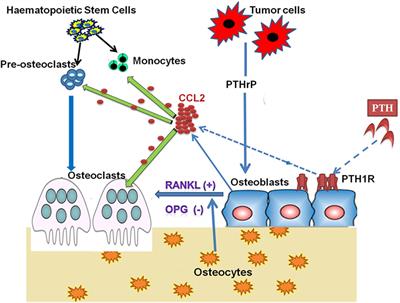EDITORIAL
Published on 19 Jul 2018
Editorial: Chemokines and Bone
doi 10.3389/fendo.2018.00386
- 1,498 views
- 3 citations
13k
Total downloads
48k
Total views and downloads
You will be redirected to our submission process.
EDITORIAL
Published on 19 Jul 2018
REVIEW
Published on 07 Jun 2018

ORIGINAL RESEARCH
Published on 16 Jun 2017

REVIEW
Published on 29 Mar 2017

REVIEW
Published on 02 Mar 2017

HYPOTHESIS AND THEORY
Published on 14 Feb 2017

REVIEW
Published on 19 Jan 2017

